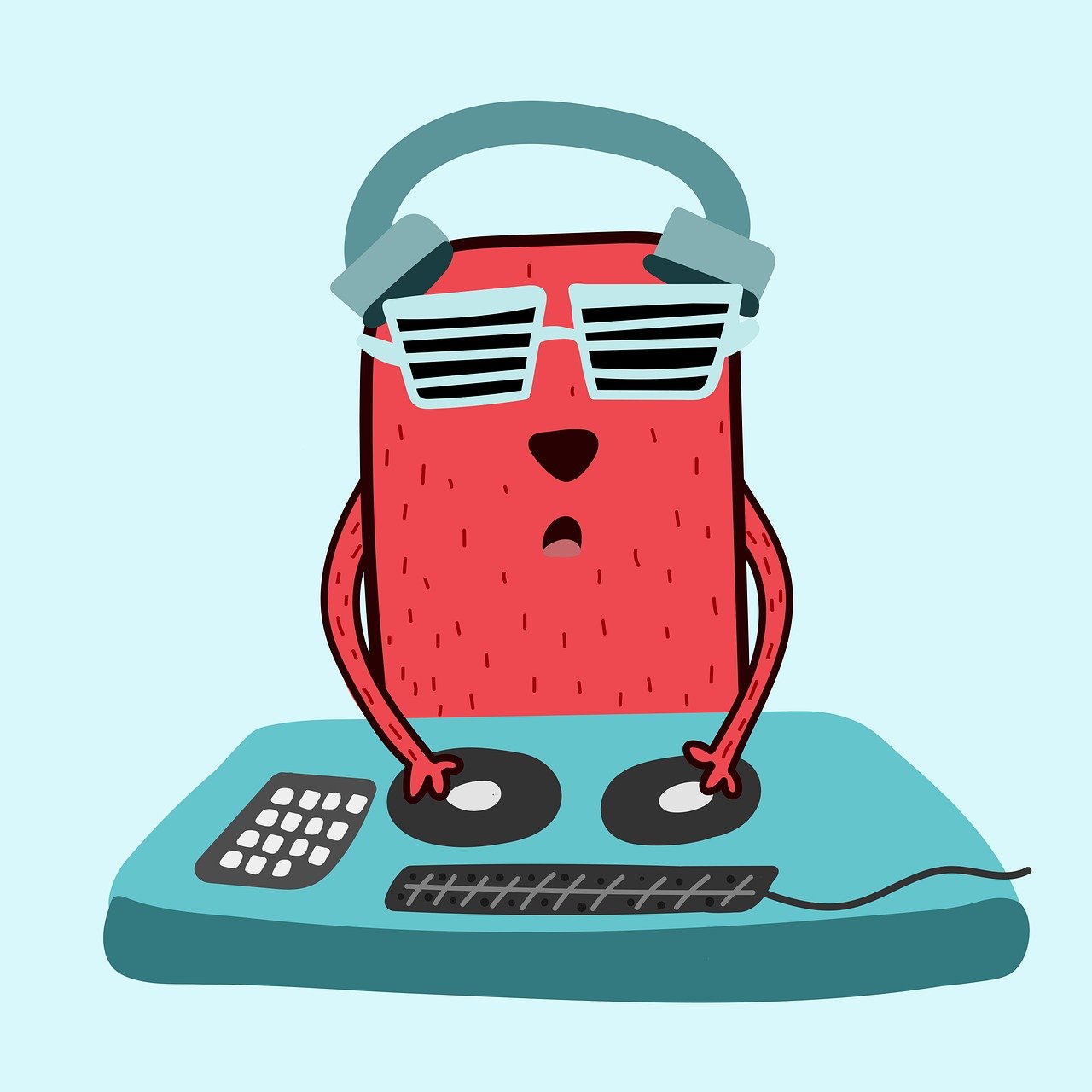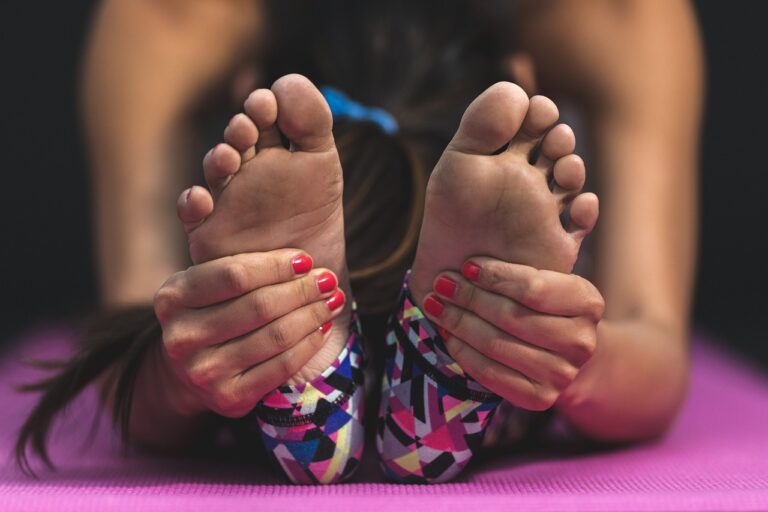Social Media Detox: Unplugging for Mental Wellness in Digital Lifestyles
Spending excessive time on social media platforms can lead to feelings of comparison, inadequacy, and low self-esteem. The constant exposure to carefully curated versions of others’ lives often creates unrealistic standards and fosters a fear of missing out. This can increase anxiety and contribute to a decline in mental well-being over time.
Moreover, the endless scrolling and constant notifications can disrupt sleep patterns and hinder the ability to relax and unwind. Engaging with social media before bed can lead to heightened levels of stress and an inability to fully detach from the online world. Disconnecting from social media allows for a break from this cycle, promoting a healthier balance between the digital realm and real-life interactions.
Understanding the Impact of Social Media on Mental Health
Social media platforms have become deeply ingrained in our daily lives, offering connectivity, information, and entertainment at the touch of a button. However, the constant exposure to social media can also have a profound impact on our mental health. The endless scrolling through curated images and carefully crafted posts can lead to feelings of inadequacy, loneliness, and anxiety, as individuals compare their own lives to the seemingly perfect lives of others online.
Moreover, the constant notifications and alerts from social media can disrupt our focus and concentration, affecting our ability to engage in deep, meaningful activities that contribute to our overall well-being. Research has shown that excessive use of social media can also lead to poor sleep quality, as the blue light emitted from screens interferes with our natural sleep patterns. In order to safeguard our mental health, it is crucial to be mindful of our social media consumption and take necessary steps to unplug and prioritize self-care.
Tips for Taking a Break from Social Media
It’s essential to set boundaries when it comes to social media consumption. Start by designating specific times of the day for checking your accounts. Consider turning off notifications to avoid constant distractions throughout the day. Creating a schedule for social media use can help you stay mindful of the time spent online and prevent mindless scrolling.
Engage in activities that don’t involve screens during your social media break. Take a walk outside, read a book, or practice mindfulness and relaxation techniques. By replacing social media with alternative hobbies or habits, you can redirect your focus and reduce the urge to constantly check your accounts. Finding activities that bring you joy and fulfillment offline can help improve your overall well-being during your break from social media.
Why is it important to unplug from social media for mental wellness?
Taking a break from social media can help reduce feelings of anxiety, comparison, and FOMO (fear of missing out), leading to improved mental well-being.
How does social media impact mental health?
Social media can contribute to feelings of inadequacy, loneliness, and low self-esteem due to constant comparison with others and exposure to curated, often unrealistic, content.
What are some tips for taking a break from social media?
Some tips include setting boundaries, gradually reducing usage, finding alternative activities, notifying friends and followers of your break, and seeking support if needed.
How long should a break from social media be?
The length of the break can vary depending on individual preferences and needs. Some may benefit from a short break of a few days, while others may find a longer break more beneficial.
Can taking a break from social media have a positive impact on mental health?
Yes, many people report feeling less stressed, more present, and happier after taking a break from social media. It can provide a much-needed mental detox and reset.







